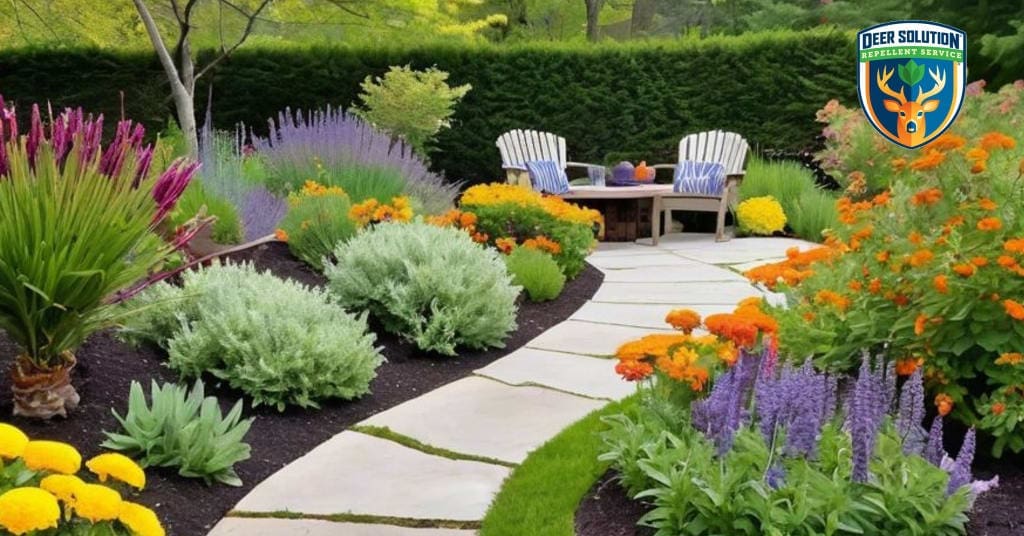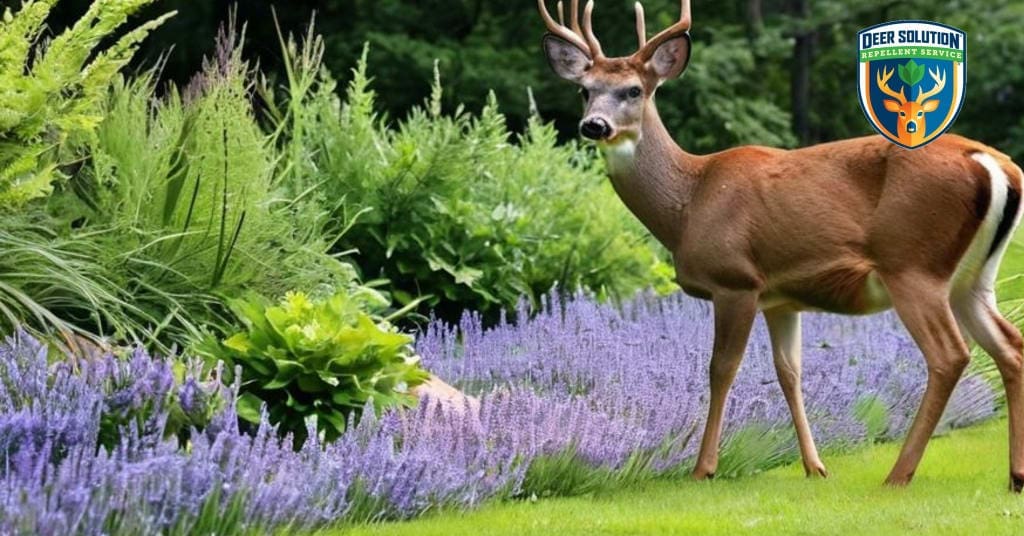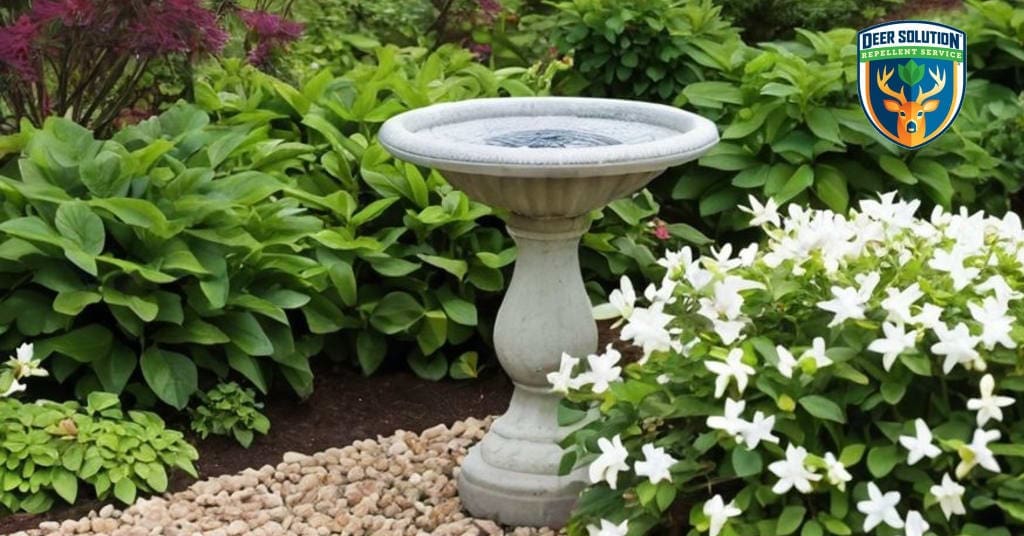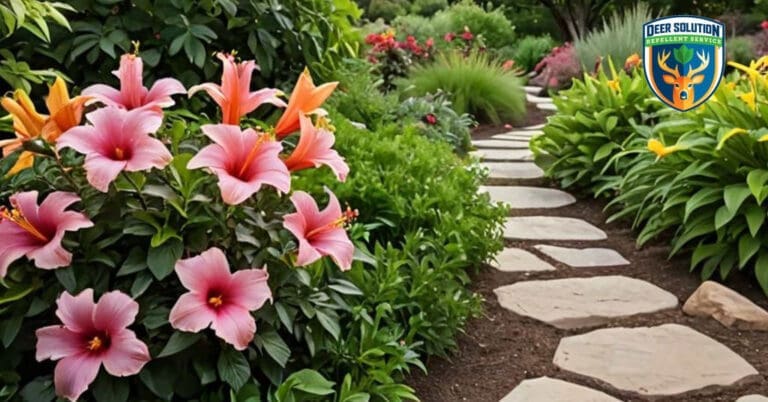Hibiscus, with their vibrant blooms and tropical allure, are a beloved addition to many gardens. However, for homeowners in areas frequented by deer, the question arises: do deer eat hibiscus? While the answer is not definitive, understanding deer behavior and implementing eco-friendly deterrence strategies can help protect your floral oasis.
Deer Dietary Preferences
Deer are herbivores with a diverse appetite, consuming a wide variety of plant matter, including leaves, twigs, bark, and flowers. Their dietary choices are influenced by factors such as availability, palatability, and nutrient content. While hibiscus plants are not typically considered a primary food source for deer, their tender leaves and blooms may be nibbled on, especially in areas with limited vegetation.
Safeguarding Your Hibiscus
To minimize the risk of deer browsing on your hibiscus plants, consider implementing the following eco-friendly strategies:
- Companion Planting: Incorporate plants with strong scents or textures that deer tend to avoid, such as lavender, marigolds, or ornamental grasses. These can create a natural barrier around your hibiscus.
- Habitat Modification: Remove potential deer attractants like fallen fruits or vegetables from your yard, and maintain a well-trimmed landscape to discourage deer from lingering.
- Repellent Applications: Explore eco-friendly repellents made from natural ingredients like garlic, capsaicin, or essential oils. These can be sprayed on hibiscus plants to deter deer through scent and taste deterrence.
A Holistic Approach
While no single method is foolproof, combining multiple eco-friendly strategies can significantly reduce the risk of deer damage to your hibiscus plants. Regular monitoring and adjustments to your deterrence plan may be necessary as deer adapt to their surroundings.
For those seeking a comprehensive and sustainable solution, Deer Solution offers a proprietary, all-natural repellent service tailored to each property’s unique needs. Their certified experts provide monthly applications, ensuring your hibiscus and other plants remain protected from deer damage while promoting a harmonious coexistence with nature.












